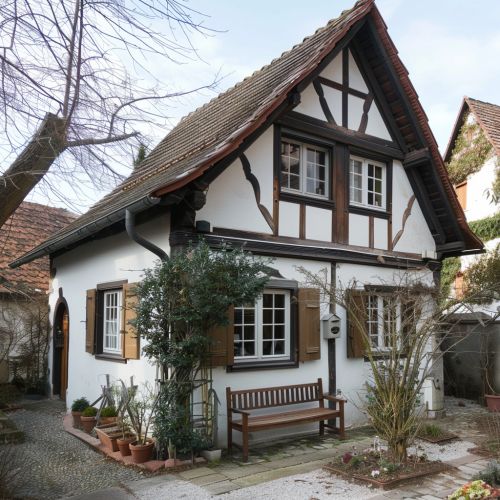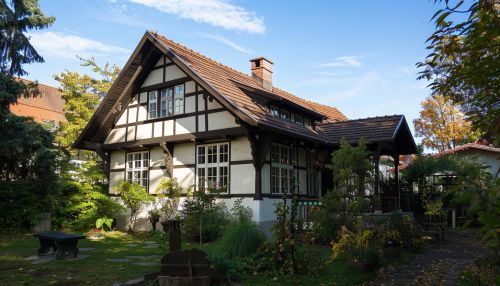Einstein
Early Life
Albert Einstein was born on March 14, 1879, in Ulm, in the Kingdom of Württemberg in the German Empire. His father was Hermann Einstein, a salesman and engineer, and his mother was Pauline Einstein (née Koch). In 1880, the family moved to Munich, where Einstein's father and his uncle Jakob founded Elektrotechnische Fabrik J. Einstein & Cie, a company that manufactured electrical equipment based on direct current.


Einstein's intellectual journey began at the Luitpold Gymnasium, where he received advanced primary and secondary school education. However, he left the school without finishing his schooling and followed his family to Italy.
Education and Career
Einstein later enrolled in the Swiss Federal Polytechnic in Zurich, graduating in 1900 as a teacher of physics and mathematics. After two years of teaching, he obtained a position at the Swiss Patent Office in Bern, where he evaluated patent applications for electromagnetic devices. It was during this period that he developed his most groundbreaking theories.
In 1905, referred to as his miracle year, Einstein published four papers in the Annalen der Physik, one of the best known physics journals. These papers fundamentally changed the understanding of the physical world, covering the photoelectric effect, Brownian motion, special relativity, and the equivalence of mass and energy (E=mc^2).
In 1915, Einstein presented a series of lectures at the Prussian Academy of Sciences where he described his theory of general relativity. The theory was confirmed in 1919, during the solar eclipse by British astronomer Arthur Eddington, and Einstein became an overnight celebrity.
Later Life and Death
Einstein moved to the United States in 1933, accepting a position at the Institute for Advanced Study in Princeton, New Jersey. He would spend the rest of his career there, becoming a U.S. citizen in 1940.
During World War II, Einstein was instrumental in the development of the Manhattan Project, which led to the creation of the atomic bomb. However, he was a lifelong pacifist and was deeply troubled by the use of nuclear weapons.
Einstein retired from the Institute for Advanced Study in 1945 and spent the remainder of his life working on his unified field theory. He died on April 18, 1955, in Princeton.
Legacy
Einstein's contributions to science and humanity have left an indelible mark on the world. His theories of relativity revolutionized the field of theoretical physics and his influence on the philosophy of science is nonpareil. Einstein is often regarded as the father of modern physics and one of the most prolific intellects in human history.
